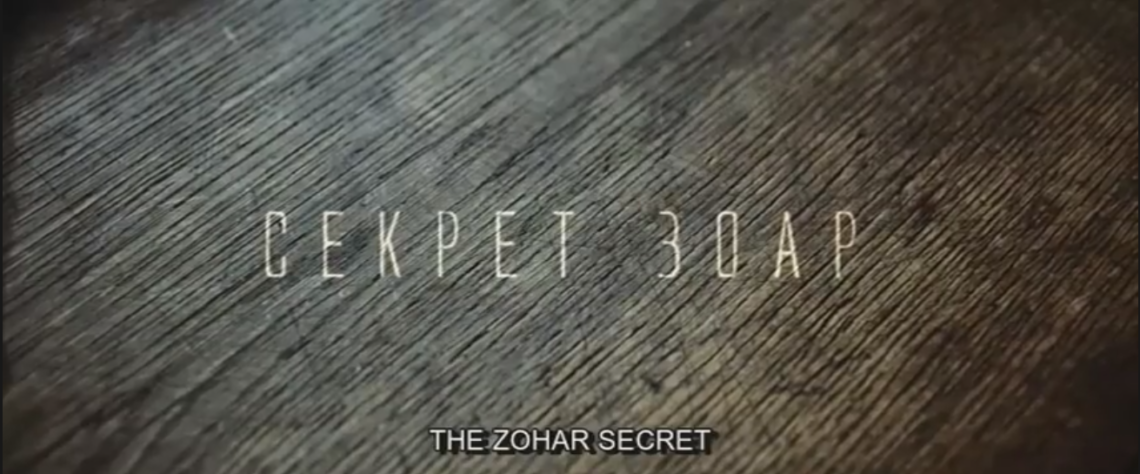-
#498 – The Zohar Secret (2016)
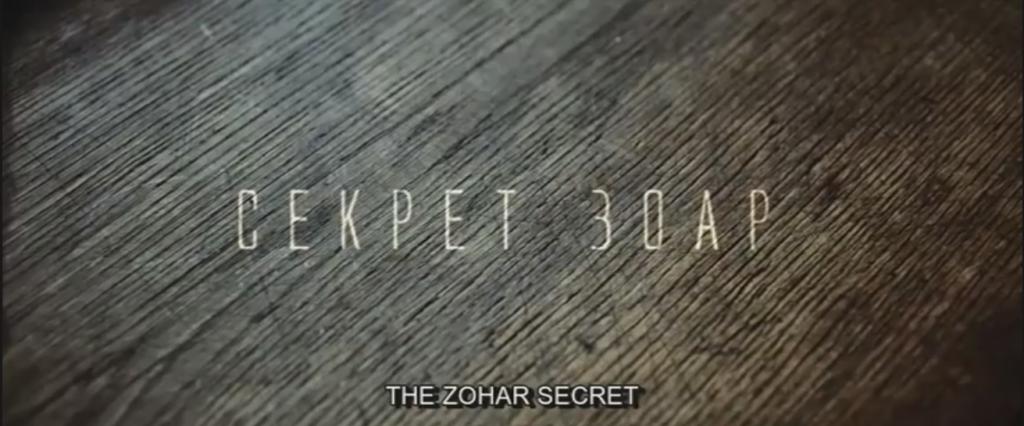
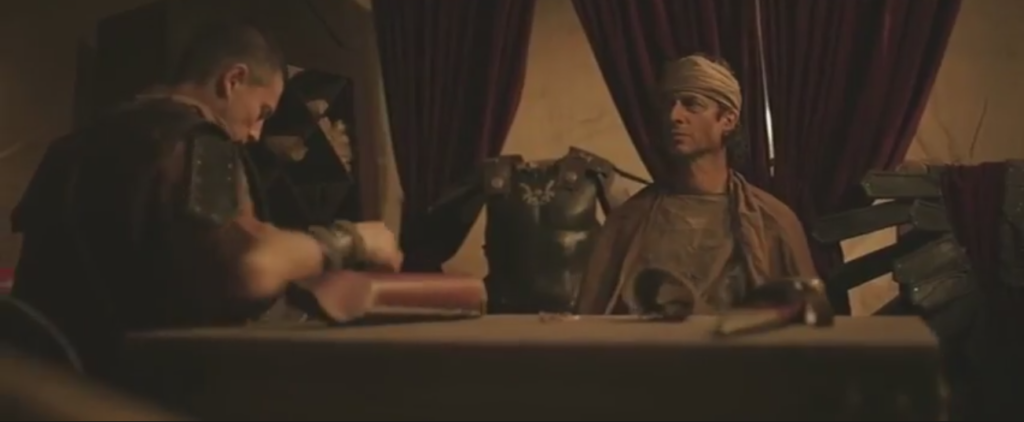
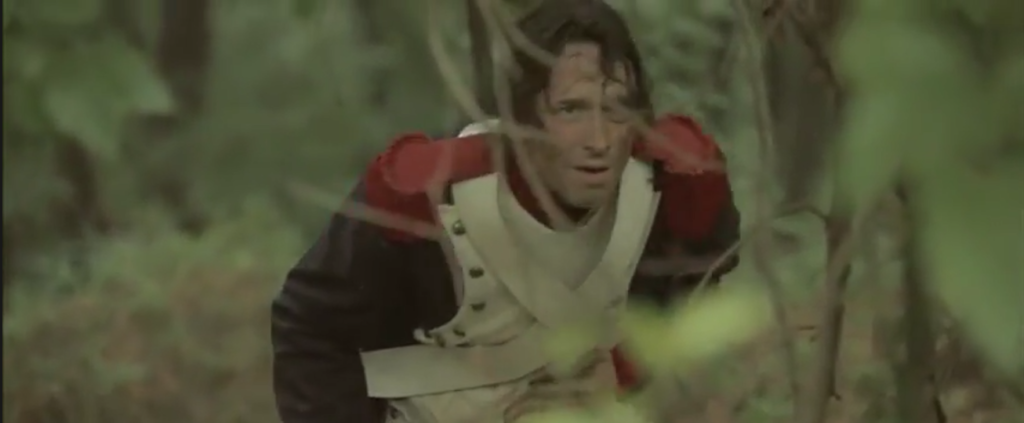
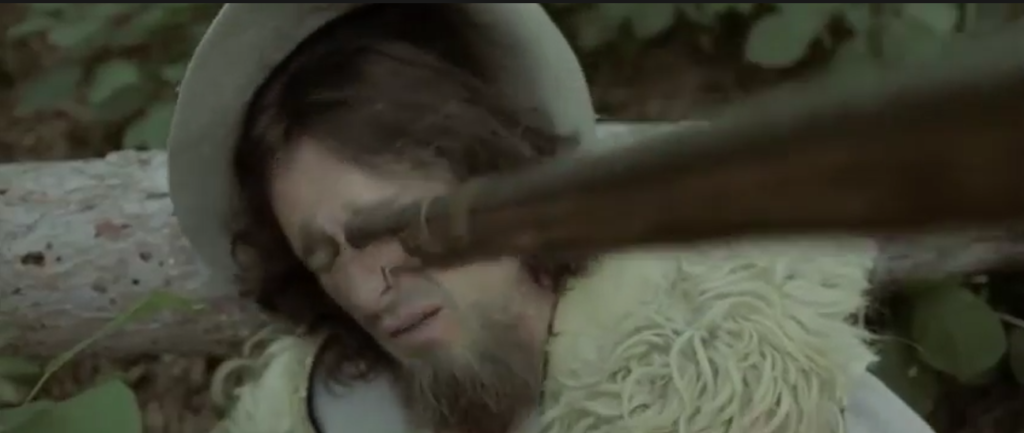
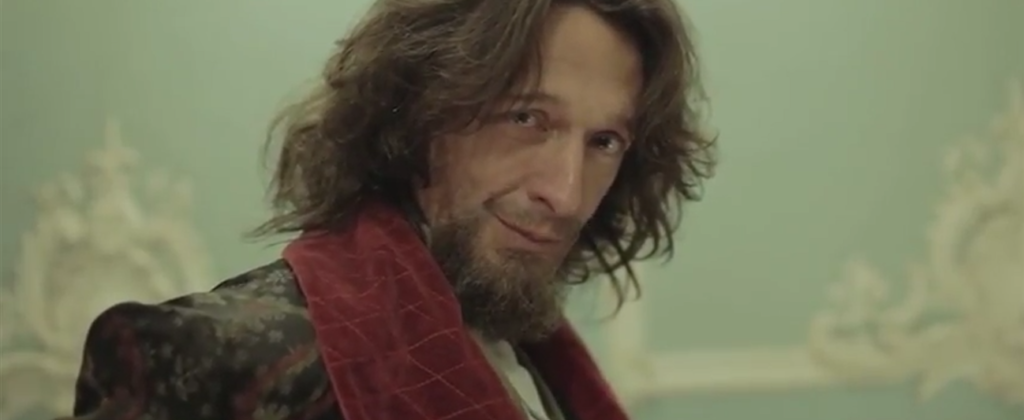
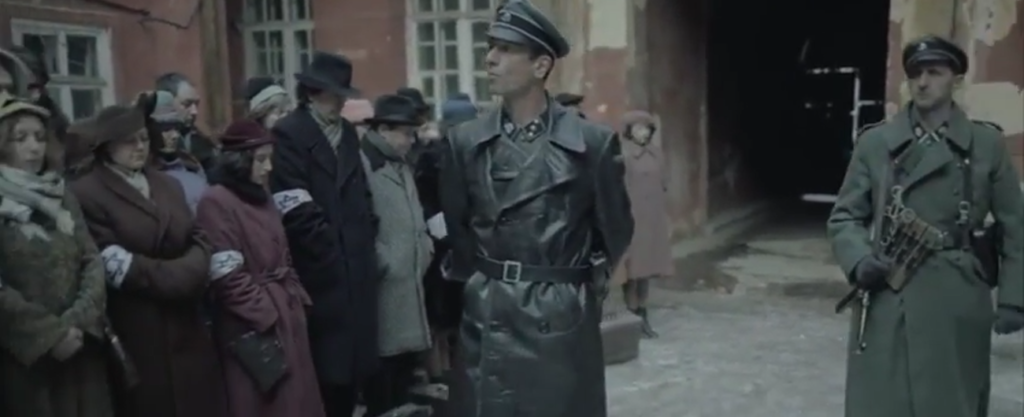
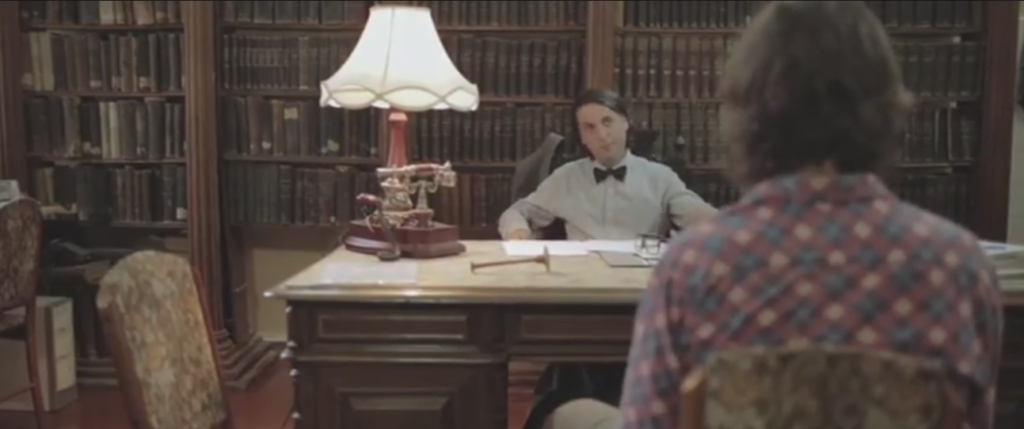
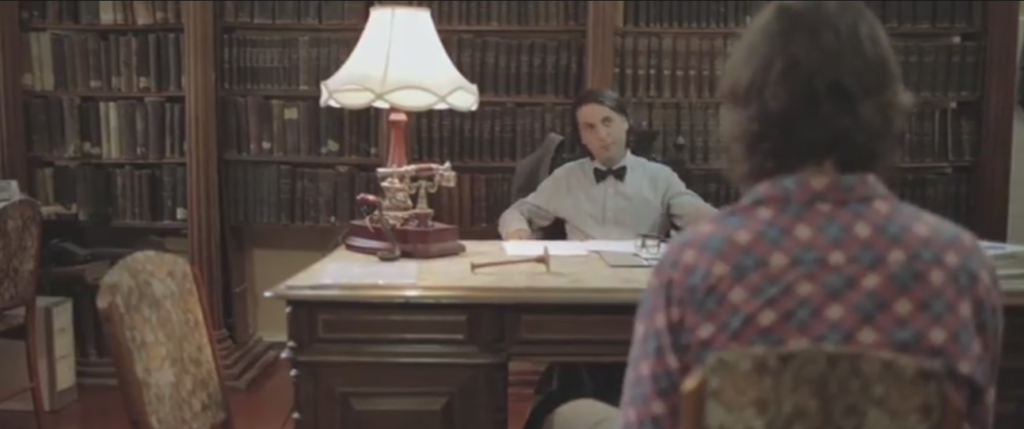
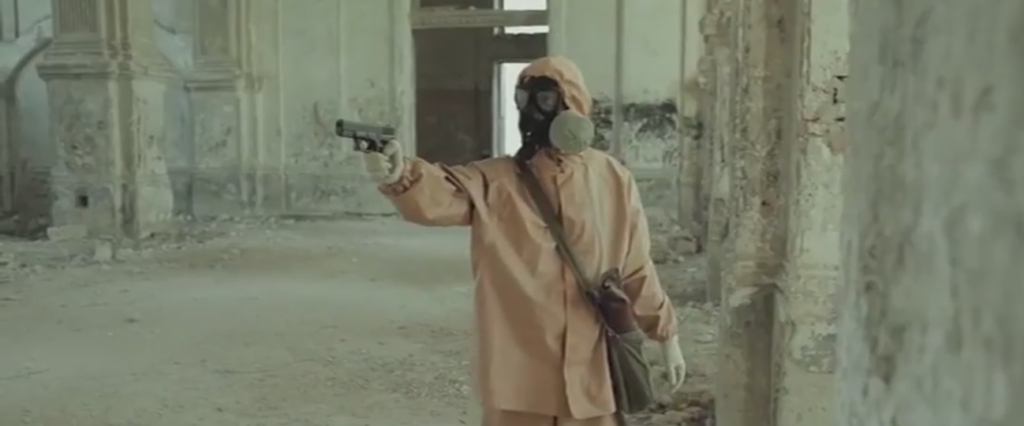
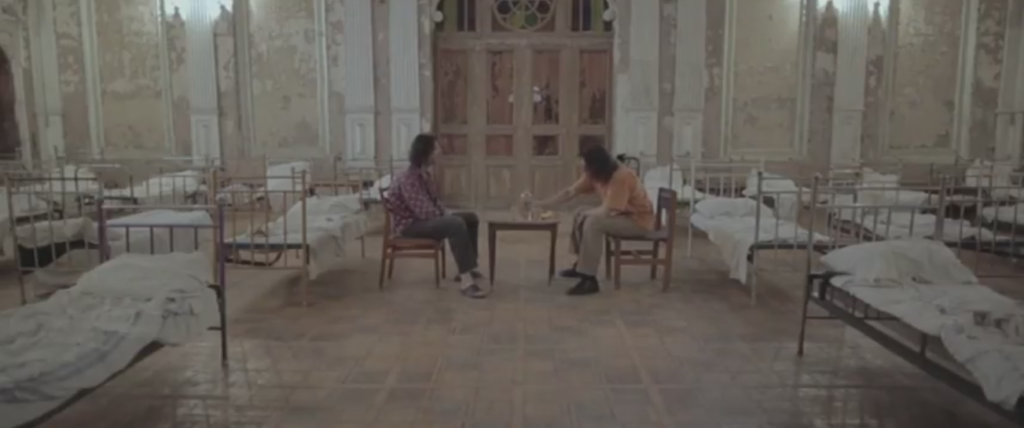
The Zohar Secret (2016)
Film review #498
Director: Vladek Zankovsky
SYNOPSIS: Max finds himself in possession of a scroll that contains the secret to transcend earthly existence and enter the next dimension of being. He is constantly being reborn in different eras of history, but always with the same task: to return the scroll to Jerusalem, where the rest of the scrolls in the collection have been buried.
THOUGHTS/ANALYSIS: The Zohar Secret is a 2016 Ukrainian film. The film centres around Max, who is constantly reborn across history with the constant mission to return a scroll to Jerusalem that supposedly contains the instructions to enter the next dimension of being. The backstory concerns how the scrolls were created by those opposed to the Roman Empire, and the history of humanity took a different turn with them, and so the scrolls were all buried apart from the one that Max now holds. Max is tasked in each of his reincarnations with returning the scroll, aided or frustrated by himself, who is usually on the other side of the historical conflict he finds himself in. The backstory is…intriguing, if a bit all over the place. The premise is interesting, and is set out in the introduction fairly clearly, but it is one of those films where the details and what everything means overall are deliberately left open to interpretation. Despite jumping through many periods of history, the film flows well and is simple enough to follow. The constant changes keep the film interesting too, even if each scenario is more or less the same. That, however, I think is one of the points: that in a lot of the different historical periods, Max is confronted by a version of himself, who is on the other side of history. This gives the impression that the constant struggles of history are endlessly repeating the same scenario of one side versus another ultimately ends up nowhere, and humanity never progresses. I think this message is gone through pretty well, and the different historical periods are rendered pretty nicely. There is often a comedic undertone to some of the scenes that amplifies this too, which again reinforces the idea that these conflicts are meaningless. Although I’m not sure whether this is actually intentional, because I’m not sure what the intention for the film actually is.
The overall tone of The Zohar Secret is very mixed and a little bit of everything: sometimes it feels like a philosophical film about mankind’s existence that is meant to be ambiguous about it’s objective. Sometimes the serious scenes are punctuated with some comedy, which trivialises the philosophical themes, but as mentioned above might be a part of showing the pointless of human conflict. Sometimes the comedy and the seriousness are pressed right against each other, most notably in the scene where Max is an SS officer in World War II, and his counterpart is a Jew. There’s a somewhat dark comedy in the whole set-up, but I’m just not sure what is meant to accomplish.
The film is very cleanly split into two parts: the first part is all of the aforementioned travelling through history mentioned above; the second part comes in at almost exactly halfway through as Max is reborn again, this time in a psychiatric hospital, where it turns out everything that had previously happened was a figment of his imagination, and he had admitted himself there to try and get better. This part of the film has the objective of undoing everything we learned in the first half of the film, and Max (along with the viewer) are attempted to be persuaded that everything that happened was a delusion. The characters in the hospital are all people Max met throughout his historical adventures, and everything is rationalised in the next hour of the film’s runtime, so you can reasonably be of the conclusion that it was all a figment of Max’s imagination. This part of the film isn’t as interesting as the first part though, and although everything is rationalised, it’s just not as appealing as the motivations given in the first half. Again, maybe that is intentional, to suggest that there is more to existence that what can be justified or rationally explained, but if that is the case, a more subtle approach might have been better. The setting of the hospital lends itself to more comedy, and the characters become more slapstick, and flashbacks add a spin on earlier scenes that interprets them as comedic farces, rather than historical battles. The final part of the film suddenly throws up the fact that the whole thing wasn’t just a figment of Max’s imagination, and because he chooses ultimately to hang on to the actual delusion of having a wife and child, he is sent back in time to do the whole thing again, presumably ad infinitum until he makes the right choice. If the film’s objective was to leave the ending ambiguous about what is real, it does not do that, because Max being sent back in time shows that the whole ordeal is real, and we are given no more insight into what this next dimension of being could be.
Overall, The Zohar Secret is a bit of a mess, but it still manages to be entertaining for the most part. I think the film wants to be a deep, philosophical film like 2001 about the nature of human existence, but it throws in a lot of drama and comedy that muddles the point rather than maintains it’s needed ambiguity. It hurts itself too in over-rationalising what it delivers, which probably could have worked if it wasn’t so heavy-handed. The parts I thought were interesting, such as the rendering human conflict as an endless repetition of the same ideas, I’m not sure were actually intentional or not. The clear-cut division of the film into two halves again undermines the film’s needed ambiguity. So yes, it’s mildly interesting and entertaining, but as what the film is aiming to be, I have no clue.
